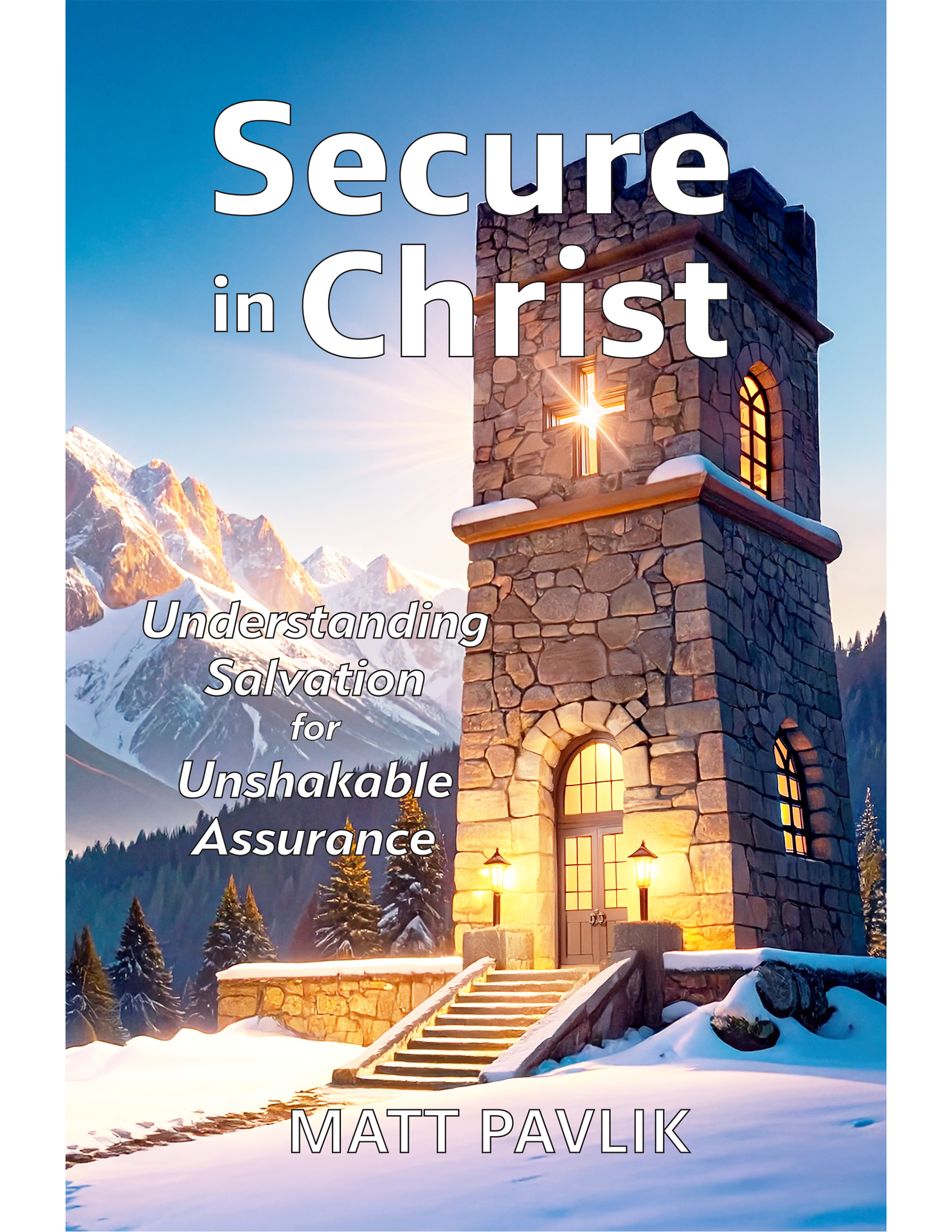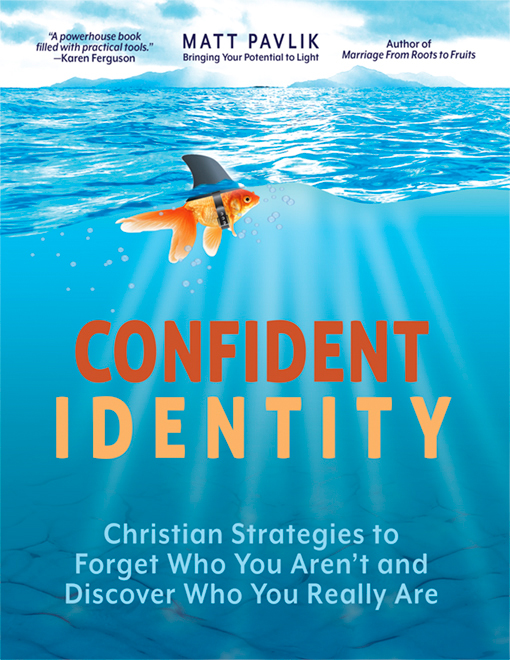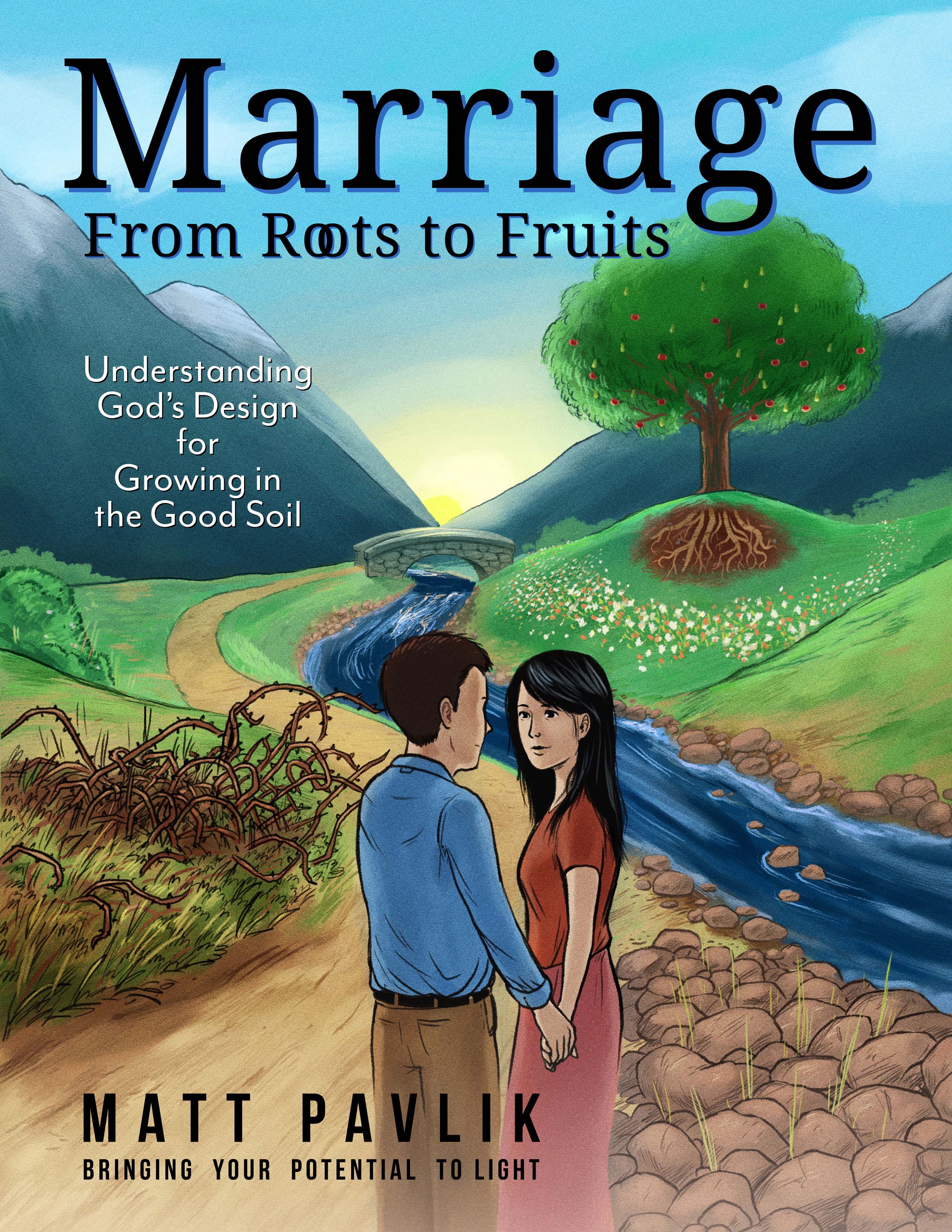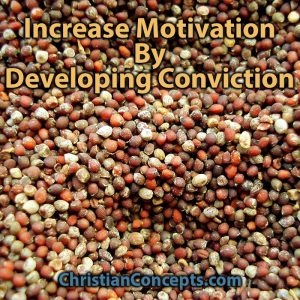Convictions produce motivation to accomplish goals. A laundry list of goals is not motivating in itself. To maximize motivation, you need to know how important something is to you and why it is important. When you are motivated from within like this, the motivation cannot easily be taken from you.
What is apathy and what causes it? Apathy is the opposite of motivation. If apathy is a lack of concern, then motivation is concerned enough to act. The energy required to act is worth the effort because the cause matters to you.
Burnout Saps Motivation
Other concepts related to apathy include depression or burnout. Burnout results from attempting something that is beyond your capacity to achieve, refusing to give up, and ignoring self-care. Burnout does not happen overnight. Take a look at this 12 stages of burnout infographic.
People become burned out when the cause is motivating but the goal or timeframe is unrealistic. For example, wanting to feel better self-worth by working harder is a no-win situation. Working harder cannot permanently build self-worth. It might temporarily feel better, but the feeling will wear off when the achievements slow down.
Imbalance Saps Motivation
Becoming overfocused on superficial pursuits can also drain motivation. The activity can be positive like exercise or negative like alcohol consumption. In extreme use, anything can become unhealthy. Anything that becomes a substitute for connecting with God is unhealthy in the long term. That’s because life becomes imbalanced.
Exercise up to a point provides great benefits, but if pushed to an extreme it becomes harmful. The body wears out. The time is not well spent. Other underutilized activities have untapped potential.
In the case of exercise, the effect is directly physical. In the case of stress (burnout), the effect is indirect, but no less demotivating. Hope thrives on seeing results from the effort spent. If nothing you can do will produce results, the situation is hopeless. Progressing in burnout moves toward increasingly diminished margins of return.
What is conviction? It’s not really any different than faith.
Now faith is the assurance of things hoped for, the conviction of things not seen.
Hebrews 11:1 ESV
Faith is conviction. The most important things in life are the spiritual unseen realities. If you have faith in a bridge, you will cross it. If you are fearful you won’t. Having conviction about the strength of a bridge means you are convinced that the bridge will support your weight. Therefore, you can see that faith leads to motivation and motivation to good works. If you fully believe something is true, how can you not act on what you know?
What good is it, my brothers, if someone says he has faith but does not have works? Can that faith save him? If a brother or sister is poorly clothed and lacking in daily food, and one of you says to them, “Go in peace, be warmed and filled,” without giving them the things needed for the body, what good is that? So also faith by itself, if it does not have works, is dead.
James 2:14-17 ESV
So then, what if you are not motivated? What if your life feels directionless? What if you suffer from apathy or depression? Some situations like losing a loved one or losing a job naturally result in grief. While grieving, people are expected to feel motivated. So there is definitely a time to put activity aside and just be. Aside from grief and a physical health problem, there is a good chance that feeling lethargic is a lack of conviction.
Conviction is faith and faith will always point to some action. Maybe this is what Jesus meant when discussing having even a small amount of faith. The smallest amount of pure faith is largely motivating!
Afterward the disciples asked Jesus privately, “Why couldn’t we cast out that demon?” “You don’t have enough faith,” Jesus told them. “I tell you the truth, if you had faith even as small as a mustard seed, you could say to this mountain, ‘Move from here to there,’ and it would move. Nothing would be impossible.
Matthew 17:19-20 NLT
Learn more about the difference between being stubborn and being tenacious.
Image by GOKALP ISCAN from Pixabay
Matt Pavlik is a professional counselor, author, and devoted follower of Christ. With decades of experience in Christian counseling, he writes with theological depth and everyday clarity. His resources—centered on salvation, identity, marriage, and emotional healing—are anchored in Scripture and guide believers to discover the freedom of their identity in Christ and the security of their salvation in Him. He and his wife Georgette, married since 1999, live in Centerville, Ohio, and have four adult children.




Hey Matt,
I think I am in burnout stage 9 or something except I don’t use drugs. It makes sense and seems hopeful to think that Christians would counter burnout with faith. It is hard to convey in words, I think it is more like being collapsed after fighting the prophets of Baal. You can have fire come down from heaven, but in the end, you are exhausted in your spirit. I don’t know how long people can go on that way. Does it stand to reason that we all have an opportunity to just go away for a month and lay down by a creek? I know Jesus experienced everything humanity does, but sometimes I secretly wish I only had to deal with the public for 3 1/2 years.
I am becoming fatalistic. God knows better than anyone 1. How deeply burned out I am 2. What exactly I need to be restored 3. He has these resources. I feel like I have to wait on Him to do what he will do. Why add pressure to an already crushing mental burden but asking people to have faith? What evidence do you have that they don’t have faith? And if you say because they are burnt out then we are back to the beginning.
Hi Ann,
You bring up some helpful questions. Faith can be a loaded word. In this post, I came to the conclusion that having convictions about God and the world He created is the same as having faith in God. So, I don’t mean that faith is something that you must strain to accumulate. And then, if you don’t have enough or if your life isn’t going the way you want, you’ve failed. Instead, if you have deeply held convictions of truth, then, you already have all the faith that you need. Also, faith is at least a joint effort between us and God. If not, then it is fully a gift from God through His Spirit that lives in us.
Another way to understand faith is as trust. Failure to trust is not something that mental exertion can help. You can trust fully without much effort. So just trying harder isn’t the right idea. Certainly, faith can be restricted, but the call to “have more faith” is not meant to create internal conflict. Faith and hope should work together, not against each other. When life feels hopeless, just having more faith is not the right approach. Faith isn’t a tool that alone can counteract hopelessness. Faith is trusting God based on what He says is true. Faith isn’t so nebulous. It is more matter of fact. When asked about faith, the essential question is, what do you really believe is true?
Matt
Matt,
I believe that Jesus is God come in the flesh to save us from sins through our trust in Him alone for salvation.
I believe He has asked us to live as His body in the world which includes lots of things through the Holy Spirit.
Changing the word faith to “trusting” and telling me about trusting a chair makes sense if I am just supposed to sit and wait. Sometimes the Bible says, “wait.”
Sometimes it says, “Go.”
I am a sheep.
I am a warrior.
I am a farmer.
I am a letter.
I am clay.
I have free will.
I am predestined.
We show faith by fruit.
We grow fruit by faith.
We are maturing.
We have everything we need [for life and godliness].
On Monday, a middle-aged women gets up with great difficulty and feeling frumpy & grumpy, goes to a place where she sits at a desk all day and cannot leave. She is busy with primarily meaningless things with an occasional feeling of being helpful. Her co-workers don’t like her very well as so she doesn’t like them much either. She tries to focus on 1. Her paycheck 2. Getting as much work done as possible in the endless amount.
It is beautiful outside.
She isn’t allowed to arrange her office as she wants or the furniture.
Randomly, her boss tells her she is doing a good job or that someone complained. Her boss can not be trusted although she wishes she could be. She states vaguely that the women’s interpersonal problems are related to something called “when people tell you who they are, believe them.” This applies to anything negative and also to the women who had apparently already said who she is so that is that.
When she goes home, it is nice to be away from the noise. She is tired and falls asleep. She likes to read, write, walk the dog, and she is lonely. She is very very tired.
She is not a warrior.
She is a stupid sheep.
She must have planted the wrong crop.
She accepts reality as it is and has always had hope for the big picture. Yet, she cannot see what today means. The woods are thick and there is no clear path. She tries to avoid the bogs and cliffs. She hears other sheep and The Shepherd off in the distance at times but can’t quite catch up. She feels sorry for herself and resentful. This is a sin and selfish but the other sheep don’t seem to need her anyway. Time passes with everyday demands. She tries to improve this and that gets worse. She fixes this and that breaks. The world is fallen. We need God. Who else do we have in heaven or earth but Him? I think I love Him. Not like He loves. I can’t tell anymore the difference between sad and care and love and need.
What sacrifice do I bring? What do I have to show for everything He gave? I don’t know. It worries me. Ann